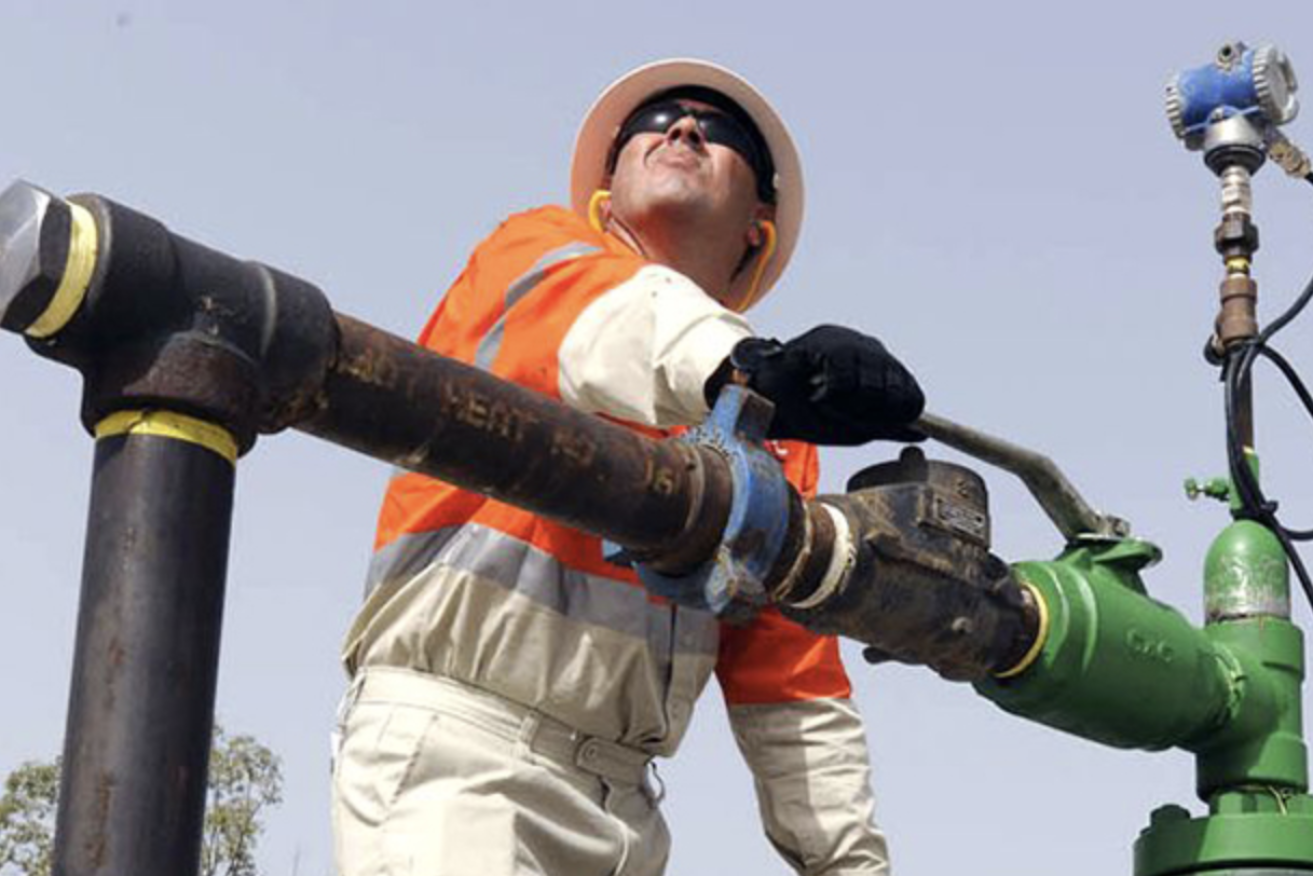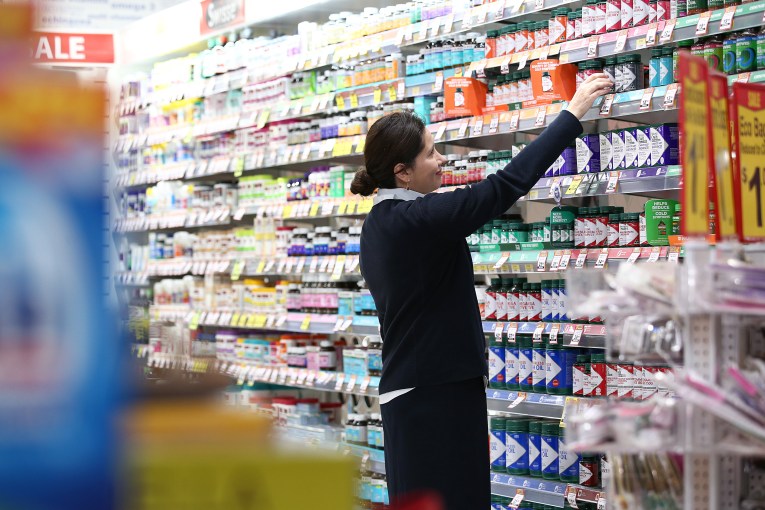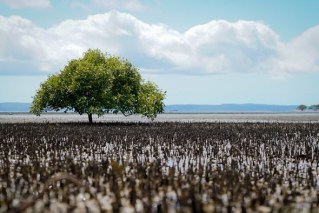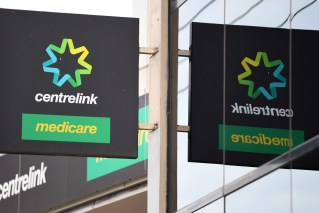Report reveals the big winners from coal seam gas companies
More than $700 million has been paid by resources companies, mostly coal seam gas, to landowners in compensation for the use of their land, according to a report from the Gasfield Commission.


Comet Ridge said the Galilee had huge potential
But the extent of the industry’s impact on the state is that petroleum tenures now cover 19 million hectares of Queensland with 30 per cent of the Western Downs Regional Council landmass and 23 per cent of the Maranoa impacted. However, wells cover less than 1 per cent of this area.
The report said about $105 million was paid out in 2020 to landowners, who are compensated for the use of the land. How much each one is paid differs greatly.
But in terms of economic contributions, Brisbane comes out as a big winner from the sector.
The report said Queensland’s petroleum and gas industry’s direct expenditure included $3.8 billion spent on local goods and services, benefiting 2883 local businesses and 250 community organisations across Queensland.
It said 62 per cent was spent in Brisbane, 17 per cent in the Darling Downs and 10 per cent in Fitzroy.
The report claims the economic contribution to the gross state product of Queensland from CSG was $5.1 billion, or 1.4 per cent of the entire economy. In 2013-14, during the construction stage of the LNG plants on Curtis Island, it was 9.3 per cent of GSP.
The report said the industry was now responsible for 32,000 direct and indirect jobs with 4560 full-time employees. About $466 million was paid in royalties last year.
“Since 2012, there have been two published prosecution bulletins relating to CSG (January 2015, September 2018), both relating to offences of contravening a condition of the resource companies’ environmental authority,’’ the report said.
The introduction of CSG to the state was opposed by many landowners and environmental groups but the commission said the conflict was easing, although there were still issues.
“Current research now suggests that community attitudes towards CSG activity/development within rural areas is gradually improving, however numerous opportunities for increasing acceptance, building trust, and cultivating sustainable coexistence remain,’’ the report said.
However, there have been significant issues over insurance recently after IAG said it would no longer provide public liability insurance to landholders who had CSG wells and infrastructure. A new indemnity clause had to be devised to clarify concerns about insurance, but landholders remain wary.
The report said there had been about 12,000 coal seam gas wells drilled up until June 30, 2020 and more than 8000 were producing. It was now predicted that there would be a total of 22,000 wells drilled over the life of the CSG sector, an increase of 1000 wells since 2019’s forecast.
“Out of the total 975 CSG and petroleum wells drilled in 2020, 14 per cent were hydraulically fractured (fracked).
“Overall, 12 per cent of CSG wells drilled in Queensland during 2020 were hydraulically fractured. There were far fewer petroleum wells drilled during 2020, and 41 per cent of those drilled were hydraulically fractured.’’
The big concern for landowners has been the industry’s impact on groundwater and the commission’s report said it now expected 593 bores to be impaired over the life of the industry.
“Despite an increase in the net development footprint, and a marginal increase in well numbers, the overall groundwater take within the Surat CMA has decreased over the last year by 5000 megalitres a year to its current level of 55,000 ML/year.
“This is reported to be due to slower industry growth rate, a reduction in the extracted water over time from existing wells and infilling of new wells in areas where partial depressurisation has already occurred.’’












